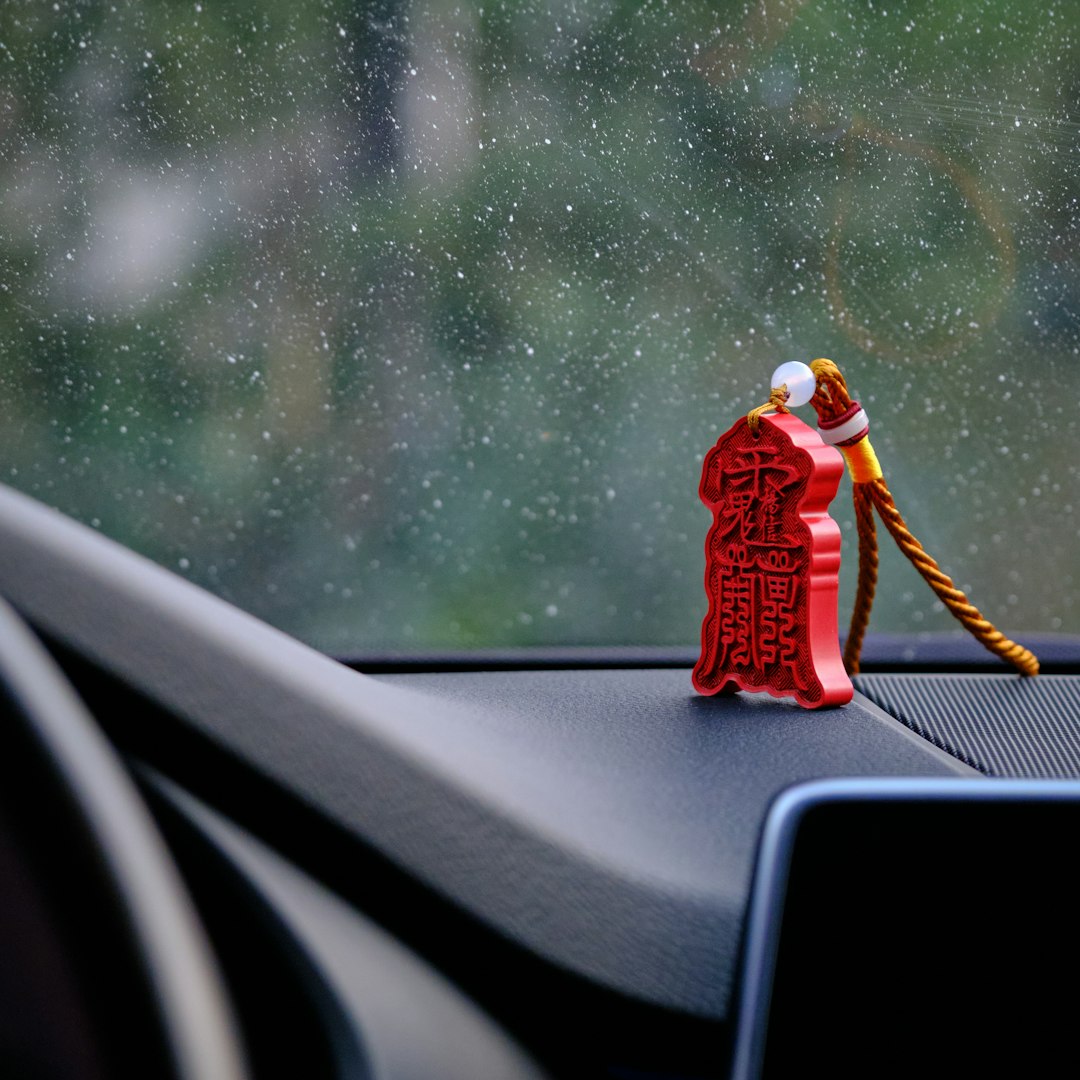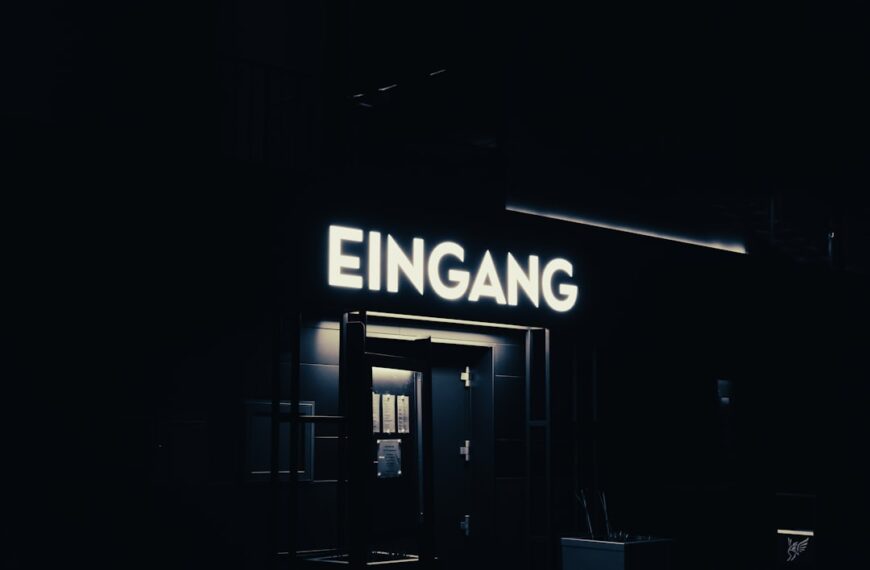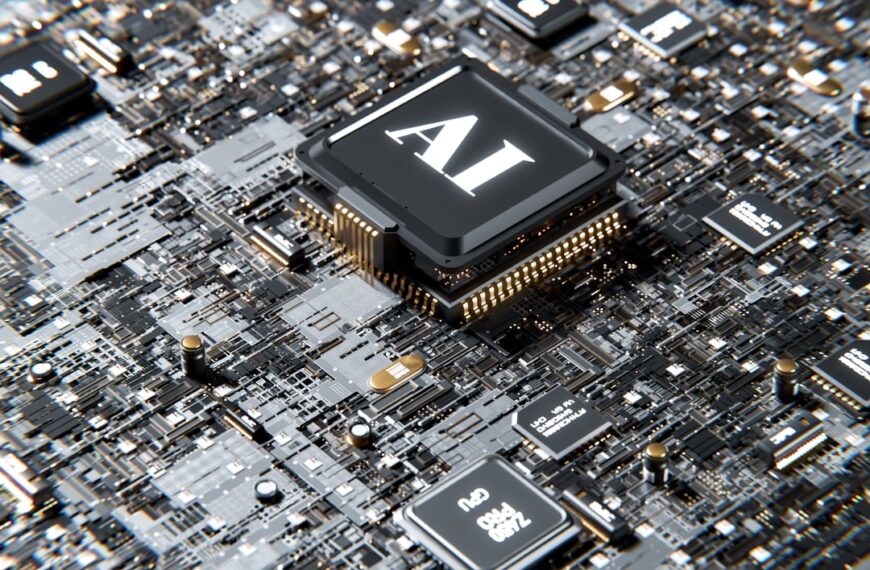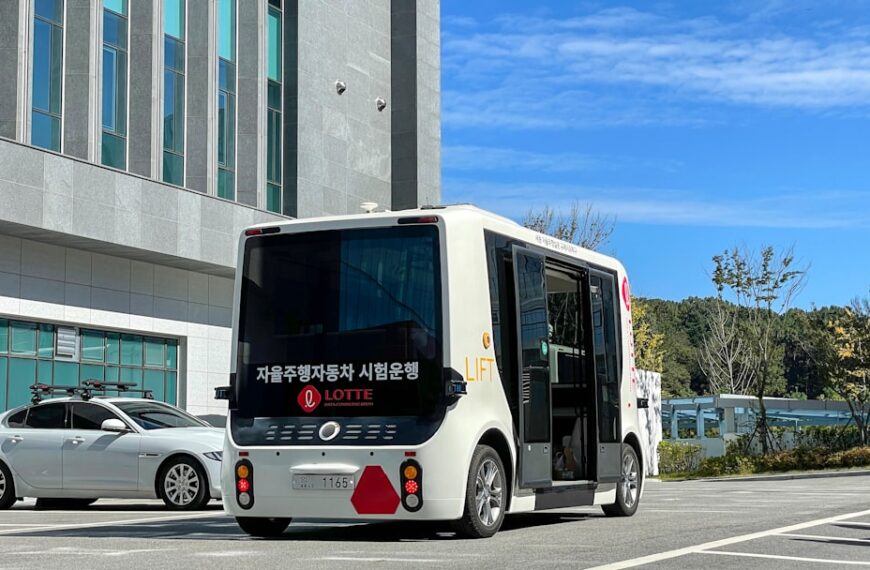The decentralized autonomous organization (DAO) is rapidly evolving, blurring the lines between traditional corporate structures and novel digital entities. This evolution naturally leads to questions surrounding mergers and acquisitions (M&A), an area currently lacking established legal frameworks. Navigating this uncharted territory requires a careful consideration of several key challenges and potential solutions.
One major hurdle is the very definition of a DAO. Unlike corporations with clearly defined legal personhood, DAOs often exist in a grey area, their legal standing varying depending on jurisdiction and specific implementation. This ambiguity complicates the process of transferring ownership and assets during a merger or acquisition. Traditional M&A processes rely on established legal frameworks for contract enforcement, asset transfer, and liability protection – frameworks that may not neatly apply to DAOs.
The decentralized nature of DAOs presents further complications. Decision-making within a DAO often involves token holders voting on proposals, a process that can be slow and cumbersome, particularly when significant changes like a merger are involved. Reaching consensus across potentially thousands of token holders requires meticulous planning and careful communication to ensure a smooth transition. The lack of a central authority also presents challenges in liability assessment. Determining responsibility in case of disputes or breaches of contract requires a clear understanding of the DAO’s governance structure and the roles of individual contributors.
Smart contracts, the backbone of many DAOs, play a critical role in M&A activity. These contracts need to be carefully drafted to address the specific requirements of the transaction, ensuring that the terms are clearly defined and enforceable. The potential for vulnerabilities in smart contracts also needs to be addressed; a poorly written contract could result in significant financial losses or legal disputes.
Jurisdictional challenges further complicate matters. DAOs operate across borders, making it difficult to establish a single governing law. The absence of clear legal precedents in this area necessitates a proactive approach, involving legal counsel experienced in both traditional M&A and blockchain technology. International collaboration and harmonization of legal frameworks are crucial for creating a more predictable and stable environment for DAO M&A.
Looking ahead, the legal landscape surrounding DAO mergers and acquisitions is likely to evolve rapidly. Increased regulatory scrutiny and the emergence of legal precedents will eventually lead to a clearer understanding of the rules governing this space. However, for the present, navigating this frontier requires a blend of legal expertise, technical proficiency, and a deep understanding of the unique characteristics of DAOs. Careful planning, robust smart contracts, and a proactive approach are essential for successfully navigating the complex legal challenges of DAO M&A. The future of DAO M&A will depend on collaborative efforts between legal professionals, developers, and DAO communities to establish best practices and build a sustainable legal framework.









